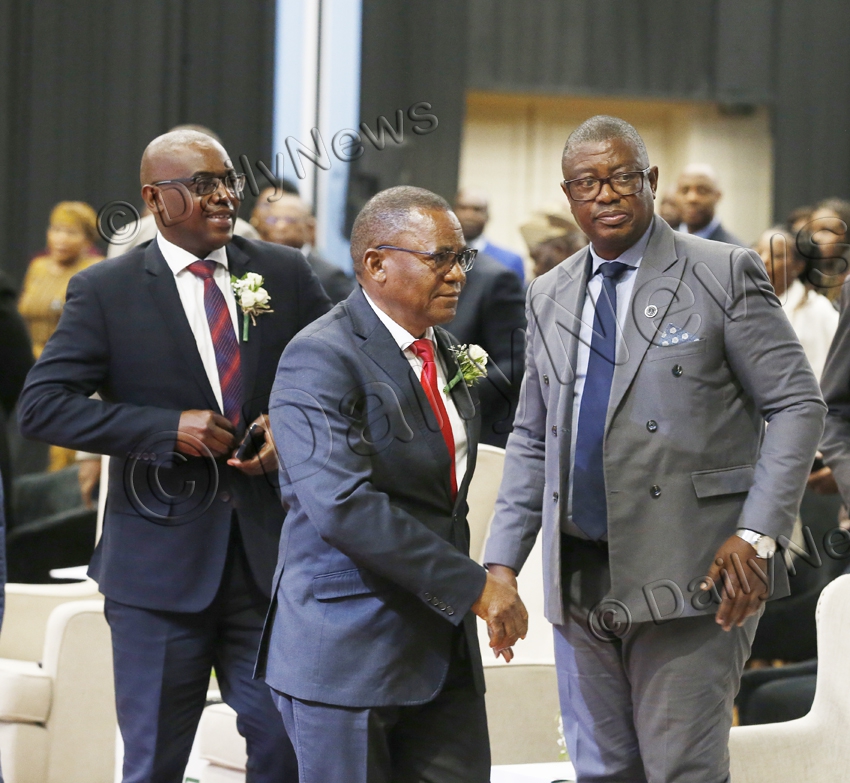Expo shares tenets on good governance
30 Jul 2024
The second international OMBUD Expo held in Gaborone is an impetus toward capacitating oversight and governance institutions to succeed at building a firm government, says Vice President, Mr Slumber Tsogwane.
Speaking at the opening of the expo in Gaborone yesterday, Mr Tsogwane said the spectrum of institutions represented had a common denominator being good governance, promotion, protection and respect for human rights.
Therefore, he said the event could only propel all participating institutions and countries to do more towards attaining tenets of good governance such as accountability and transparency, the rule of law, good public administration and the promotion and protection of Human Rights in sovereign nations.
He said government was committed to promote democracy through good governance, citing that it was their hope that other countries could do the same.
Mr Tsogwane said good governance was related to the political and institutional processes with the outcome necessary to achieve the goals of development that benefitted the people.“The true test of ‘good’ governance is the degree to which it delivers on the promise of human rights: civil, cultural, economic, political and social rights of governance effectively guaranteeing the right to health, adequate housing, sufficient food, quality education, fair justice and personal security,” he said.
Notably, he said good governance and human rights were mutually reinforcing, adding that human rights standards and principles provided a set of values to guide the work of governments and other political and social actors. He said they also provided a set of performance standards against which these actors can be held accountable.
Moreover, Mr Tsogwane said human rights principles informed the content of good governance efforts, noting that they may inform the development of legislative frameworks, policies, programmes, budgetary allocations and other measures.
He said without good governance, human rights could not be respected and protected in a sustainable manner, citing that the implementation of human rights relied on a conducive and enabling environment.
He said this included appropriate legal frameworks and institutions as well as political, managerial and administrative processes responsible for responding to the rights and needs of the population.
Mr Tsogwane said in most developing countries, government controlled ownership of many natural resources. He, therefore, added that if government institutions were weak there was a strong likelihood that resources may not benefit large members of the community.
In addition, he said the presence of resources may weaken and corrupt government. Relative ease with which, for instance, mineral revenues were collected, he said could lead to a lack of transparency and accountability, he explained.
The Vice President said the interdependence of government and the mining industry reinforced this tendency, as such government itself was seen as the means to acquiring wealth, which typically led to corruption.
He said in the case of Botswana, leadership particularly that of the founding fathers, may have been crucial in entrenching normative and conventional approach to tenets of good governance, transparency and accountability founded on the customary approach through the Kgotla system, to deal with public affairs in a fair, open and objective manner.
Mr Tsogwane said he believed the answers to these questions were in line with the expo theme: Righting Injustices, Bolstering Quality Governance.
The expo is attended by among others integrity organisations and oversight institutions from across the globe. Ends
Source : BOPA
Author : Marvin Motlhabane
Location : GABORONE
Event : OMBUD Expo expo
Date : 30 Jul 2024







